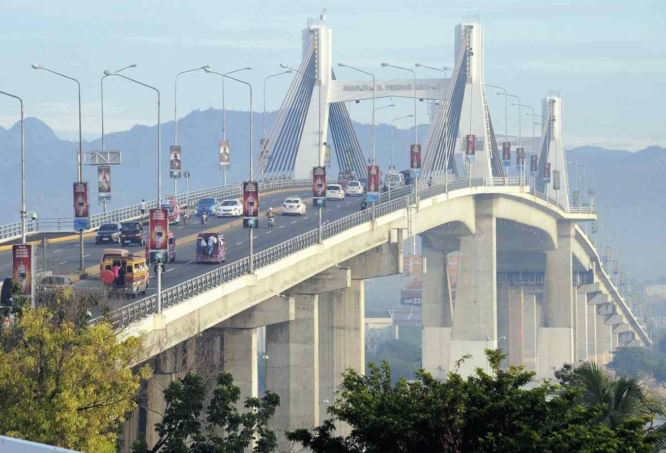It has been noted that the government’s new Development Cooperation Charter will address issues such as digitalization and food and energy security in developing nations, as well as efforts to strengthen supply chains.
The official development assistance (ODA) mandate will be revised for the first time in eight years.
Amidst the severe fiscal situation in Japan, there has been some public criticism of the large quantity of taxpayer funds allocated to aid for developing countries.
The new charter will emphasize the benefits created by development assistance for Japanese society and the Japanese economy through, among other means, the promotion of Japanese enterprises abroad.
In the charter, developing countries will be referred to as “equal partners” of Japan, and it will be stated that Japan will take the lead in promoting and implementing transparent and fair rules in light of China’s strategy of plunging countries into a debt trap in order to gain access to infrastructure, such as ports.
The charter, which is anticipated to be adopted by the Cabinet shortly, will also include policies to combat climate change and other challenges facing developing countries, as well as the food crisis precipitated by Russia’s invasion of Ukraine.
Historically, official development assistance was provided in response to a proposal from a developing country. Under the new charter, Japan will capitalize on its strengths and offer developing nations proactive aid project ideas.
After the Cabinet authorizes the charter, the Foreign Ministry will publish a document on offer-style ODA with examples of specific aid projects relating to the development of social infrastructure, medical care, and education.

